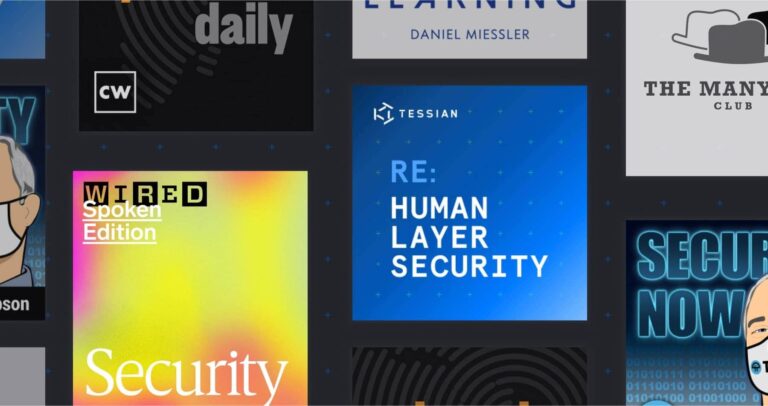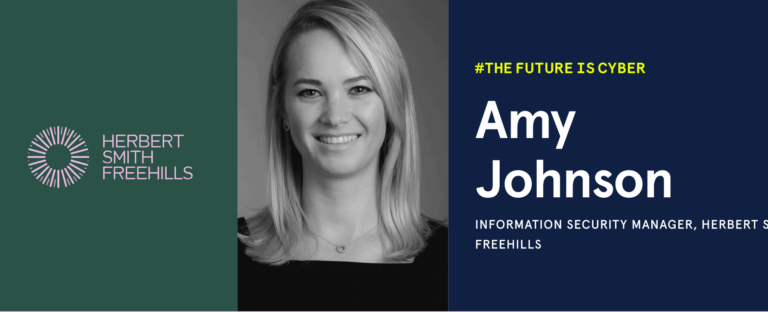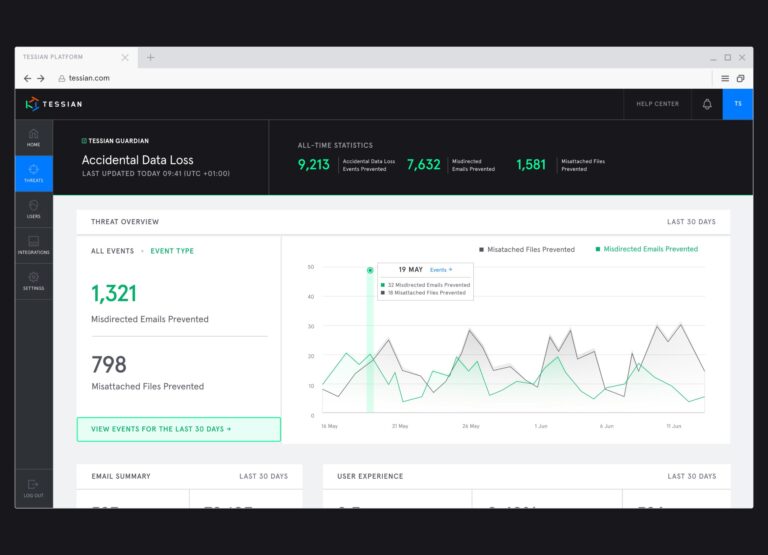Tess Frieswick recently started a new job as a Client Success Manager at Kivu Consulting after spending a year working at Uber as a security consultant. She started as a Security Analyst straight out of college and was promoted to a more senior position after just six months.
In addition to earning her Bachelor’s Degree in World Politics with a minor in Islamic World Studies at The Catholic University of America, she’s gained political experience through internships at the International Model United Nations Association (IMUNA), the National Consortium for the Study of Terrorism and Responses to Terrorism (START), and the American Enterprise Institute.
“I’m constantly seeking out stories of successful women, and women fighting for equality and change to motivate me. I still think of some of the mentors I've had years after working with them, and I hope I am making them proud.”
Tess Frieswick
Client Success Manager, Kivu Consulting
Q. How did you end up in cybersecurity after studying World Politics and Islamic World Studies?
I was fortunately hired to work for IMUNA during my first semester of college after getting involved in the organization in high school. I really lucked out and was assigned to work on the Counter-Terrorism Executive Directorate which, at the time, was focused on the terrorist group Boko Haram in Nigeria. I loved learning about African politics and counter-terrorism efforts in the region which sparked my interest in international security.
By the time I was ready to graduate, I was more certain that was the direction I wanted to take, I just wasn’t sure in what particular specialty. I had a few years of experience in counter-terrorism, but no real experience in cybersecurity.
Q. What was it like, then, starting as a Security Analyst at Uber so soon after graduating?
When I first started, I was a bit intimidated. I was the youngest on my team, didn’t have my Master’s, and was one of the only women on my team. I felt like I had a lot to prove, but that inspired me to work really hard. I had a manager and a boss who both recognized and valued my skills and trusted me with big projects that had a global impact.
My team actually worked on 565 different tasks from executive protection to assessing phishing emails. That experience really reinforced that cybersecurity was the path I wanted to pursue.
Q. What interested you the most about cybersecurity?
The 2016 presidential election piqued my interest. I remember learning about Russian interference, bots, and the manipulation of social media after Trump was elected and recognizing that cyber security is bigger than people realize. It provides a new landscape for modern warfare and these things are changing the dynamics of politics. Even something like the recent assassination of Qassim Soleimani; that presents a potential cyber warfare risk. After the assassination, I was doing assessments and considering what retaliatory actions Iran may take. Could it result in cyber warfare? Would they target critical United States infrastructure?
Developing technology is driving all of this; it’s changing everything. Politics is constantly evolving, especially with the development of cybersecurity and cyber warfare. It’s fascinating!
Q. Did you have any specific technical skills that made you especially marketable for jobs in the field?
I haven’t taken any cybersecurity-specific classes. Everything I know about cybersecurity I either taught myself by reading or learned on the job. After leaving Uber, I was really upfront during interviews that I didn’t have technical skills. But, that was balanced by the fact that I can learn really quickly. That’s what I focused on.
I think my writing background was also something that made me stand out. I have experience writing intelligence products in a strong, thoughtful way. At Uber, I wrote over for a project 70 documents, including style guides for products, global standard operating procedures, and security policies. Talented writers might be surprised that they have a place in cybersecurity but they’re needed to create really polished products that impress clients.
Q. You had an internship at an all-female media company while you were in college. Was that a formative experience in your professional development?
In every single internship I’ve had, I’ve had a woman that I looked up to for advice and counsel. I’m also just a huge feminist. I’m obsessed with Ruth Bader Ginsberg – she’s my hero, and I love Madeleine Albright. From athletes to politicians, I’m constantly seeking out stories of successful women, and women fighting for equality and change, to motivate me. I still think of some of these mentors years after working with them and I hope I am making them proud.
Now, as the only female leader in my new role, I have a responsibility to step up and empower other females, too. This is especially important for women who are shy or aren’t as quick to speak up. Those people – even if they’re smart and capable – can be overlooked. Backing up their ideas, supporting them, making sure they feel empowered…it all makes a big difference.
This profile is a part of the larger Opportunity in Cybersecurity Report 2020. Click here to download the report and click here to read more profiles of women in cybersecurity, including professionals from KPMG, Funding Circle, IBM and more.
#TheFutureIsCyber












